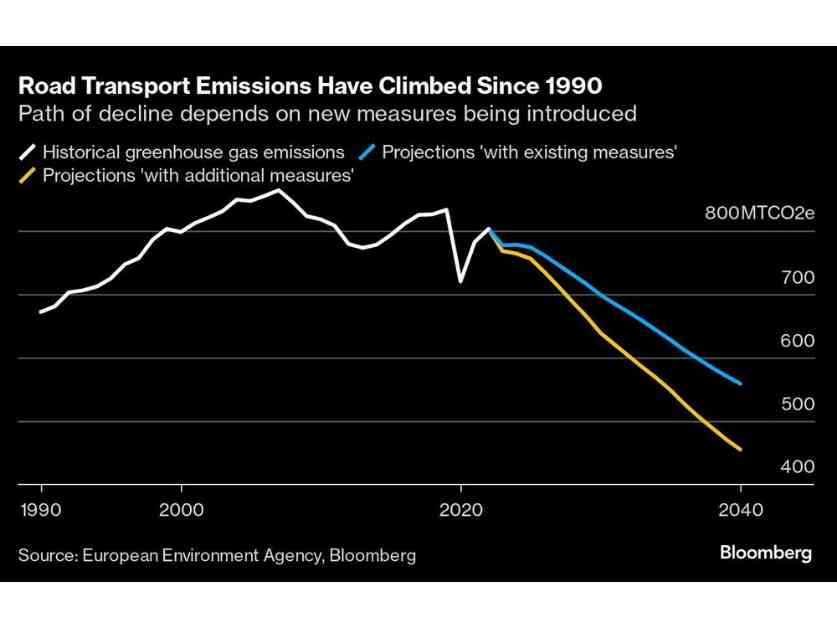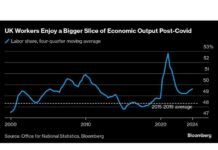The European Union’s Green Deal, which was introduced five years ago, was meant to be a cornerstone of the bloc’s growth and set the agenda for the world. However, there are now fault lines appearing that could potentially shift the leadership in the clean industrial era to the US and China. The pushback against the Green Deal is primarily targeting transport and heating policies, which will have a direct impact on the lives of the EU’s 450 million citizens.
Despite the urgent need to address the climate crisis, a rise in right-wing politics in Europe has led to opposition against the Green Deal. This opposition poses a threat to the progress of the EU’s sustainability goals. With upcoming key deadlines, member states like Poland, Slovakia, and the Czech Republic are hesitant to implement the necessary steps, which could lead to a showdown with Brussels.
The EU’s Green Deal encompasses a wide range of reforms that affect the entire economy. However, there is growing concern that loosening policies in one sector could have negative repercussions in other areas. The upcoming emissions trading system, known as ETS2, is a prime target for criticism, as it will impose a pollution price on road transport and heating fuels starting in 2027. This could potentially lead to backlash from consumers and politicians alike.
The plan to sell only zero-emission cars by 2035 is also facing pushback from the auto industry, particularly in Germany. Car manufacturers are struggling to meet the regulatory demands, citing tepid demand for electric vehicles and competition from Chinese producers. The industry is calling for a delay in the implementation of stricter emissions standards, which could impact their production and profitability.
In order to stay competitive in the global market for clean technologies, the EU must stay committed to its green ambitions. Diluting climate policies or caving into industry pressure could weaken the EU’s position and signal to companies that the clean transition is not a priority. It’s crucial for policymakers to plan ahead, reward clean manufacturers, and promote greener mobility options to ensure a sustainable future for the EU.






















